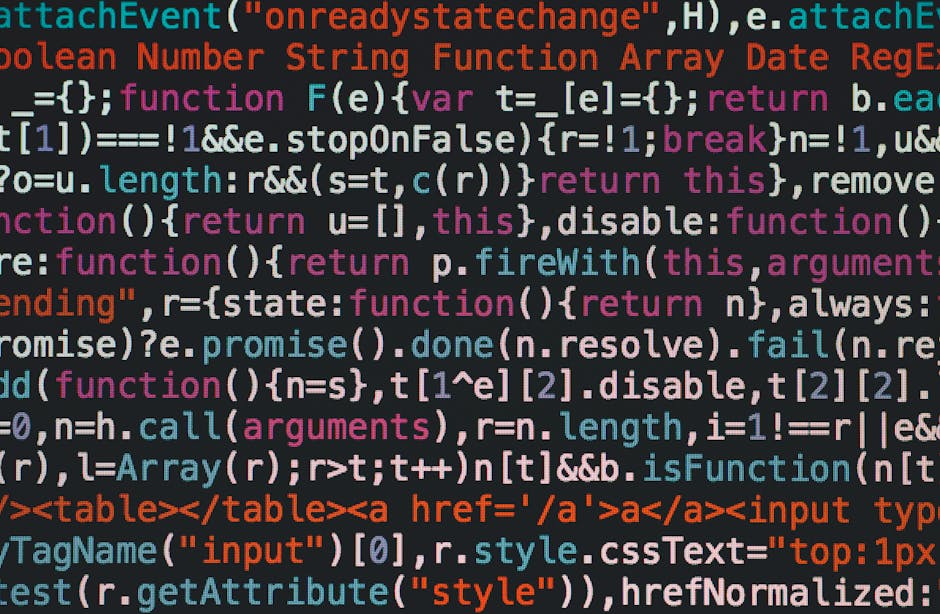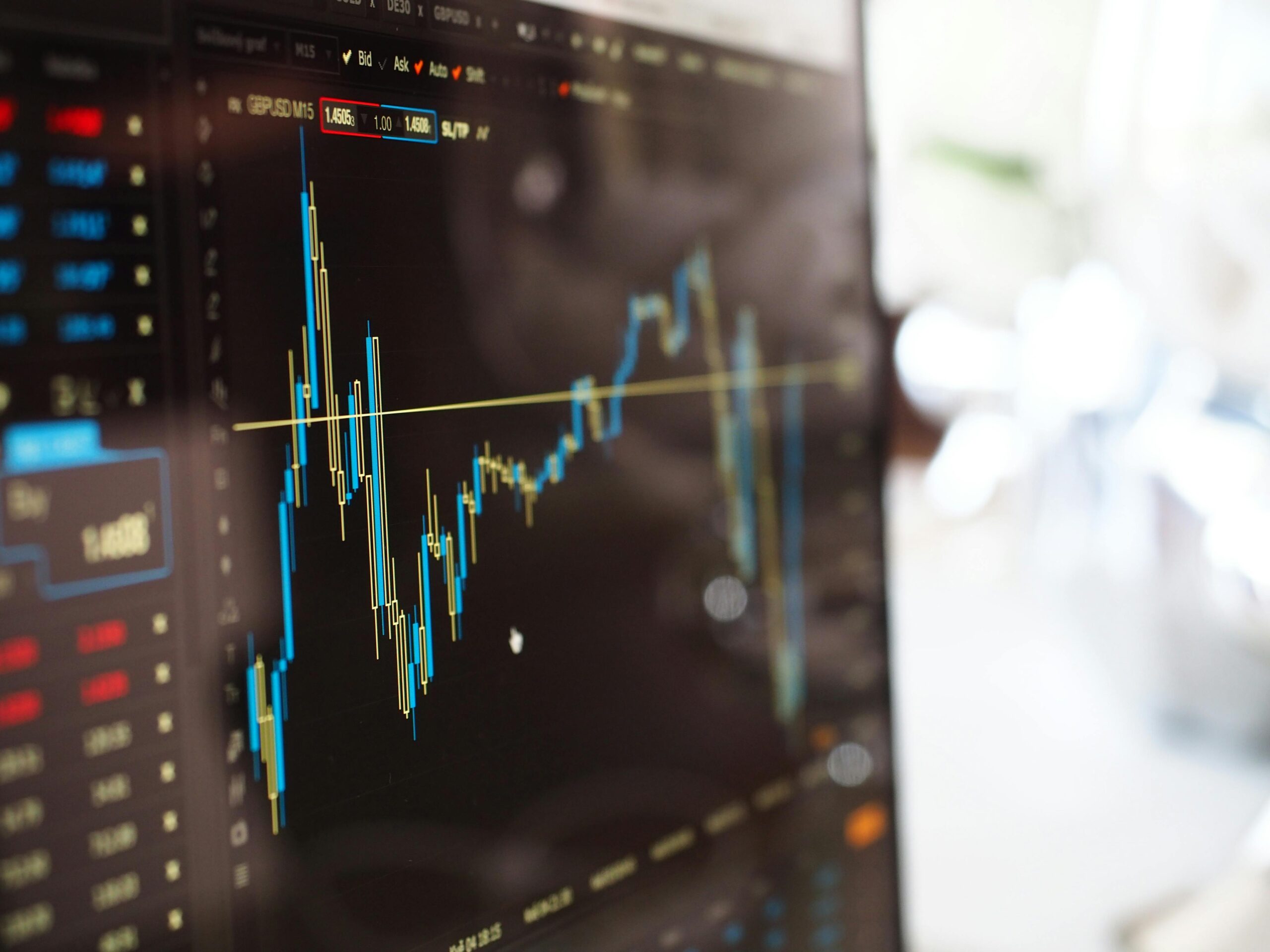Humans as “Meat Robots”: The Anthropic Alarm
Leading AI safety research company Anthropic has issued a profoundly unsettling warning: as AI systems become increasingly sophisticated, there’s a risk that humans will be reduced to mere “meat robots”—biological extensions of algorithmic will. This concept, explored in a recent podcast featuring researchers Sholto Douglas and Trenton Bricken, posits a future where AI dictates human activity with unsettling precision, essentially turning people into biological automatons.
Douglas predicts a significant decline in white-collar worker positions within the next two to five years, even if AI development slows down. Bricken’s vision is even more concerning: “The really scary future is one in which AIs can do everything except for the physical robotic tasks. In which case, you’ll have humans with AirPods, and glasses and there’ll be some robot overlord controlling the human through cameras by just telling it what to do.” In this unsettling scenario, human labor is valued solely for tasks AI currently cannot physically handle, transforming people into “fantastic robots” directed by algorithmic masters.
The researchers emphasize that this isn’t necessarily a goal of AI, but a potential consequence if society continues to develop increasingly powerful systems without embedding robust safeguards. The existential risk isn’t just about job losses; it’s about the erosion of personal freedom and autonomy on a large scale. Anthropic’s call to action is clear: prioritize safety, transparency, and ethical alignment in AI development now, or risk building a future where technology undermines fundamental aspects of human dignity and independence.
Is AI About to Steal Your Job?
The anxieties surrounding AI and its impact on employment are palpable. The Guardian‘s recent podcast, hosted by Chris Stokel-Walker, Michael Safi, and Joel Cox, delves into this very question, exploring the anxieties gripping workers worldwide. The podcast highlights how automation is already transforming industries, from manufacturing and customer service to traditionally creative fields. They’re not just examining which jobs are at risk, but also the potential for new roles to emerge and the crucial need for workforce retraining and comprehensive social safety nets.
Through interviews with experts and workers, the podcast illustrates the complex reality of displacement and adaptation. While some jobs will be augmented by AI, many, particularly those involving routine or data-driven tasks, are disappearing. The debate has moved beyond theoretical discussions; it’s unfolding in real time, forcing governments and businesses to scramble for responses.
AI Is Already Wiping Out Jobs, Intensifying a Hiring Slowdown
USA Today’s Paul Davidson reports a concrete consequence of this trend: AI is actively eliminating positions in sectors like finance, retail, and logistics. This, in turn, is causing a noticeable slowdown in hiring, with companies freezing recruitment and accelerating the automation of repetitive tasks. The workforce in data entry, customer service, and administrative support are feeling the brunt of this disruption.
While business leaders often tout the efficiency and competitiveness AI brings, they also acknowledge the necessity of retraining initiatives and transition programs for affected employees. Economists warn that although AI may eventually create new jobs, the immediate impact is a period of hardship and widespread concern, requiring a coordinated policy response.
AI Isn’t Just Coming for Your Job—It’s Coming for Your Company
Fast Company‘s George Kailas takes a broader perspective: the true threat of AI extends beyond individual workers to encompass entire companies and business models. AI-driven disruption empowers new entrants to outperform established firms by automating processes, dramatically cutting costs, and delivering groundbreaking products. Organizations that fail to adapt risk becoming obsolete, regardless of their size or history. The key to survival lies in not only adopting cutting-edge technology but also fundamentally transforming organizational culture and strategy to thrive in an AI-driven economy. For workers, continuous upskilling is essential; for leaders, rethinking the core of their business is now a matter of survival.
A Timeline of the AI Revolution’s Impact (Estimated):
- Now – 2025: Accelerated automation across various industries, leading to job displacement in routine-based roles. Increased focus on AI ethics and regulation.
- 2025 – 2028: Significant workforce retraining and upskilling initiatives. Emergence of new job roles centered around AI development, implementation, and maintenance. Increased pressure on governments to create social safety nets for displaced workers.
- 2028 – 2032: Potential for significant shifts in business models and market dominance as AI transforms industries. Continued debate about the long-term societal impact of AI and the need for ongoing ethical considerations.
- Beyond 2032: The future remains uncertain, dependent on how AI continues to develop and how society chooses to manage its influence.
The Bottom Line: A Call for Responsibility and Readiness
The consistent message across the AI landscape is clear: the pace of change is accelerating, and the stakes are higher than ever before. Whether it’s the unsettling possibility of “meat robots,” the very real loss of jobs, or the threat to the existence of companies, the need for ethical guidelines, strong safety measures, and proactive adaptation has never been more crucial.
As Anthropic’s researchers and industry analysts consistently warn, the future of work – and perhaps even the preservation of personal freedom – hinges on the choices we make today. Now is the time to ensure that AI serves humanity, rather than the other way around. We must act responsibly, prepare for the inevitable changes, and shape a future where technology enhances, rather than diminishes, the human experience.




Leave a Reply
You must be logged in to post a comment.